choosing the right protein powder for you
Choosing the right protein powder can be a daunting task, given the wide range of options available on the market. However, with a little knowledge and scientific evidence, you can make an informed decision that aligns with your fitness goals and dietary needs.
First and foremost, it’s important to consider your specific goals when selecting a protein powder. Different types of protein powders have varying digestion rates and amino acid profiles, which can impact their effectiveness for muscle building, recovery, and overall health.
Whey protein, derived from milk, is one of the most popular and well-studied protein sources. Research has consistently shown that whey protein is highly effective in promoting muscle protein synthesis and aiding in muscle recovery after exercise. It is quickly absorbed by the body, making it an excellent choice for post-workout supplementation.
On the other hand, plant-based protein powders, such as soy, pea, or rice protein, have gained popularity among individuals with specific dietary restrictions or preferences. These options are often suitable for vegans, vegetarians, or those with lactose intolerance. Scientific studies have demonstrated that plant-based protein powders can also effectively support muscle protein synthesis and recovery when consumed in adequate amounts.
Another factor to consider is the protein powder’s amino acid profile. Essential amino acids, including leucine, play a crucial role in stimulating muscle protein synthesis. Look for protein powders that provide an optimal amount of essential amino acids, particularly leucine, which has been shown to have a significant impact on muscle protein synthesis.
Additionally, pay attention to the protein powder’s overall quality. Choose products that have undergone third-party testing for quality, purity, and accurate labeling. Look for certifications like NSF Certified for Sport, Informed-Sport, or USP Verified to ensure the product meets high standards of quality and safety.
Lastly, consider any potential allergies or intolerances you may have. If you have a dairy allergy or are lactose intolerant, whey protein may not be the best option for you. In such cases, plant-based protein powders or other alternatives like egg white protein or collagen protein may be more suitable.
In conclusion, selecting the right protein powder involves considering your specific fitness goals, dietary restrictions, and preferences. Whey protein is a highly effective option for muscle building and recovery, while plant-based protein powders provide suitable alternatives for those with specific dietary needs. Pay attention to the amino acid profile, quality certifications, and any potential allergies to make an informed choice. Remember, consulting with a healthcare professional or registered dietitian can provide personalized guidance based on your unique needs.
THIS IS HOW WE CAN HELP YOU


